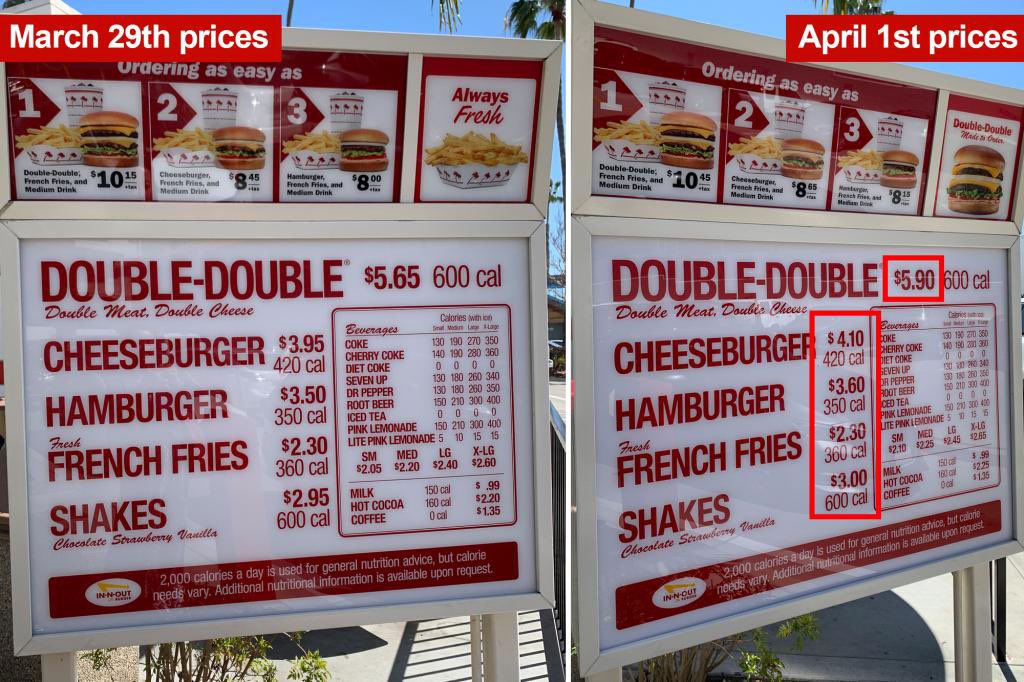Sometimes it is that bad
While Working for Washington, the labor-funded group behind the push for a higher minimum wage, dismisses employer’s worries over the impact of the state’s new minimum wage on their business as “it’s never that bad,” the reality is it really is that bad for some employers.
Spokane columnist and rancher Sue Lani Maden recounts in her latest column that last week a farmer told her he was dropping his minor work permit:
“After years of mentoring young employees, he says no more starter jobs for unskilled high school kids. The new higher minimum wage was the last straw...”
Thanks to the newly increased minimum wage that every employer must now pay every worker, young workers who used to gain invaluable mentoring, on-the-job training, and life skills will no longer have that opportunity.
A small farm owner in Whatcom County wrote me earlier this week, distressed and discouraged over passage of Initiative 1433 and the higher minimum wage she must now pay. She and her husband veered off the beaten path to pursue their dream of running a farm with a conscience. They have spent the past 12 years building their farm business from the ground up. Dedicated to organically grown produce and humanely raised poultry, Osprey Hill Farm is based on principles of sustainability and resource protection. They are certified Salmon Safe, participate in their local CSA, and make sure their food is accessible to under-served communities.
Basically, everything we all wish every farm would be.
After surviving “a cut-throat industry with historically low profit margins,” she and her husband have finally reached the point “were we can finally breath a little easier knowing that we can pay our mortgage and keep our kids fed.”
That security is now gone:
“I-1433 will crush us to death in less than two years.”
Of course, there are are businesses around the state with the same story.
Entrepreneurs and risk takers who gambled everything to pursue their passion of owning a business. They are engaged members of their communities and an important part of the engine that drives our state’s economy. The sad fact is that many of them are facing the same reality as Osprey Hill Farms.
So contrary to Working for Washington’s blithe dismissal of their concerns for the future of their business as “it’s never that bad,” the reality is that yes, sometimes it is.





